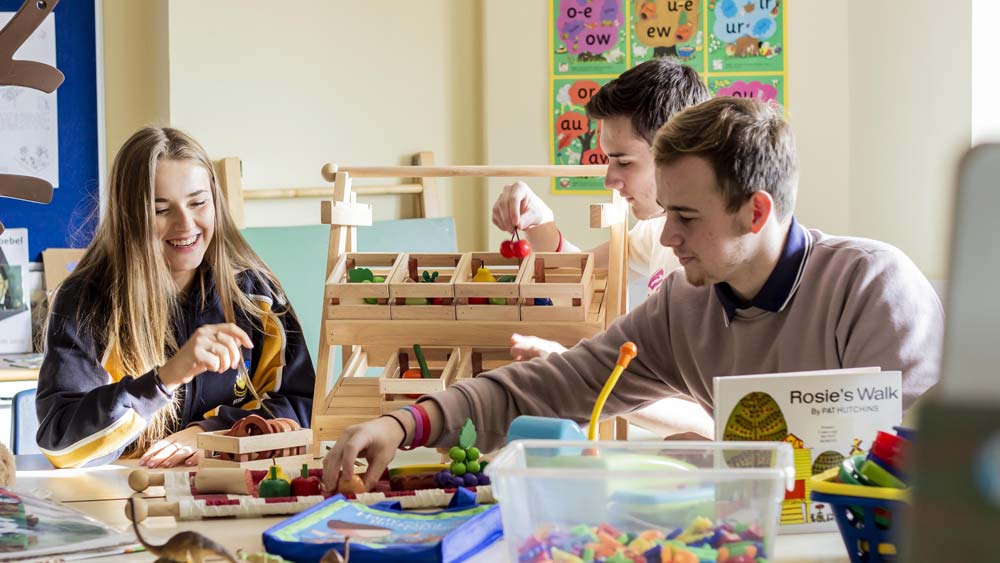School-based PGCE - Primary
The school-based variation of the PGCE is a one year full-time course where you'll qualify as a primary school teacher, training in our partner schools from week one and coming to university too.

Entry requirements
A degree at 2:2 or above
GCSE English, Mathematics and Science at grade 4 or grade C or above (or an equivalent qualification)
Experience of working with young people
We are committed to safeguarding and promoting the welfare of children and trainees. All trainees are expected to share this commitment and demonstrate consistently high standards of personal and professional conduct.
Course Summary
Take the School-based PGCE route to become an Early Career Teacher in a primary school in one year. You will be based out of two different primary schools across the year, immersed in school life and taking an active role in the school team. You will work mainly out of a single school selected by our lead partner organisation.
Training to be a primary school teacher with Marjon will mean you enter a proud tradition of outstanding teacher training. We have been training educators and teachers since the 1840s and have a huge alumni network and extensive school relationships to support your future career.
With a School-based PGCE you apply directly to a partnership, and the assessment and interviews are run together by head teachers and Marjon. We will start to talk to you about your ambitions from the first moment we meet you.
If you've not already had an offer to continue teaching in a placement school after you graduate, our jobs fair in late winter is an opportunity for many teaching trainees to meet potential employers, practice interviews and to finalise an offer for their first role in September. After you graduate we keep in touch.
You will get to develop your subject knowledge with Lead Partners on Design and Technology (Food), Computing, English, Geography, History, Mathematics, Modern Languages, Music, Physical Education, Physics and Religious Education.
The curriculum is based around three themes and these are embedded in all MTEP modules across our provision and is carefully structured to provide you with the skills and subject knowledge required to teach effectively:
The themes are:
- The professional role of the developing teacher
- Development of teaching and learning
- Curriculum and specialisms
Our processes are aligned with the MTEP curriculum, the CCF, the ECF, the ITE Ofsted inspection framework and the Teachers’ Standards and explicitly considers how all components are sequenced incrementally to build your expertise and confidence.
Why this course at Marjon?
Our relationships with a large number of school partnerships across the South West to give you a wide choice of learning experiences
Our expertise covers many specialisms of education including childhood development, early reading and maths, cognitive science and learning through play.
93.9 % of our graduates are in further study, sustained employment or both five years after graduating, compared to a sector average for England of 88.2% (LEO, 2019)
Modules for this course
1st Year
Inclusion in the primary classroom
Developing knowledge for planning, teaching and assessment
Developing a philosophy of learning and teaching across the primary curriculum
Current educational issues for the teaching professional
Teaching placements
Current students say...
Billy Buckingham
“I most enjoy the experience of being in a school from day one and having a new experience every day! Also meeting children who teach me just as much as I hope to teach them. I have the opportunity to meet and learn from a wide range of professionals who have given me the confidence to explore new ideas and strategies and then apply them confidently to my own work in the classroom and beyond!”
Hope Rowe-Jones
“The best thing about this course is being in school so much. I learn by doing and therefore this course suits me perfectly. I am able to get stuck in and put my theory learning straight into practice and work alongside my class teacher and observe other teachers. Being in the school environment allows you to feel like a teacher, work with the staff and be part of the ‘family’. I get advice from my mentor and other professionals on how to progress and how best to help the children to progress.”
Hugh Ogilvie
"I am pleased that I am experiencing every aspect of school life from the very start, which makes me feel more involved in the whole process of teaching. I am well supported by other teachers and my mentor. I feel that I am learning all the time"
This course is perfect if you’re curious about these questions:
What does it feel like to be a part of a school team?
What are the differences in how very different schools address behaviour management?
What sort of school do I enjoy working in most?
How do I encourage parents to support children’s learning?
What are the challenges of taking 30 children on a school trip?
How do children learn?
“ It was clear that all trainees felt very satisfied with the delivery of the programme and praised Marjon’s full support, clear information and excellent communication... Assessment is fair and consistent and tutors provide supportive and constructive feedback to develop students’ learning further... Processes are exemplary.”
See where our graduates are now
Samantha Williams
"My School-based PGCE not only taught me to understand how children learn, but enabled me to become part of a school community. The course helped me to transfer and apply theory into practice, helping me to become an outstanding practitioner. Supportive and engaging tutors made learning fun and inspiring. We gelled as a class and it was extremely useful to be able to share ideas and exchange good practice. I can wholeheartedly recommend Marjon."
Samantha is now a Year 6 class teacher.
Sam Marker
“As a primary school teacher, I really feel that I make a significant difference in the world. Although hard, I believe that being a teacher is quite simply the most rewarding job in the world. The combination of lectures, school experience and university assignments increased my ability to organise myself, which is a vital skill as a teacher. My university experience balanced the independence of the working world with the support that is essential to help you learn and improve.“
Sam is a Year 5/6 teacher in a primary school.
Shauna Burroughs
“I love the fact that education is something that is fluid - you will never have two days the same. I also enjoy the fact that we are changing children's lives for the better. Teaching truly is one of the hardest careers, but it is also the most satisfying and rewarding. University prepared me for working life in many ways, working towards deadlines and ensuring everything is to a good enough standard. It also taught me how to interact with different people from different places.”
Shauna is now working as a teacher.
What might you become?
You will become an Early Career Teacher (ECT) in a primary school. Most trainees start to apply for jobs from January ready for September start. A school-based PGCE is very attractive to potential employers because all training is undertaken in schools which gives graduates a wealth of practical classroom experience.
Working with:

Department for Education
Marjon is recognised as a teacher training provider by the Department for Education.

Sir Robert Geffrey's School
Primary (2RWR) QTS with PGCE (full-time)
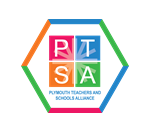
Plymouth Teacher and Schools Alliance
Primary (286L) QTS with PGCE (full-time)
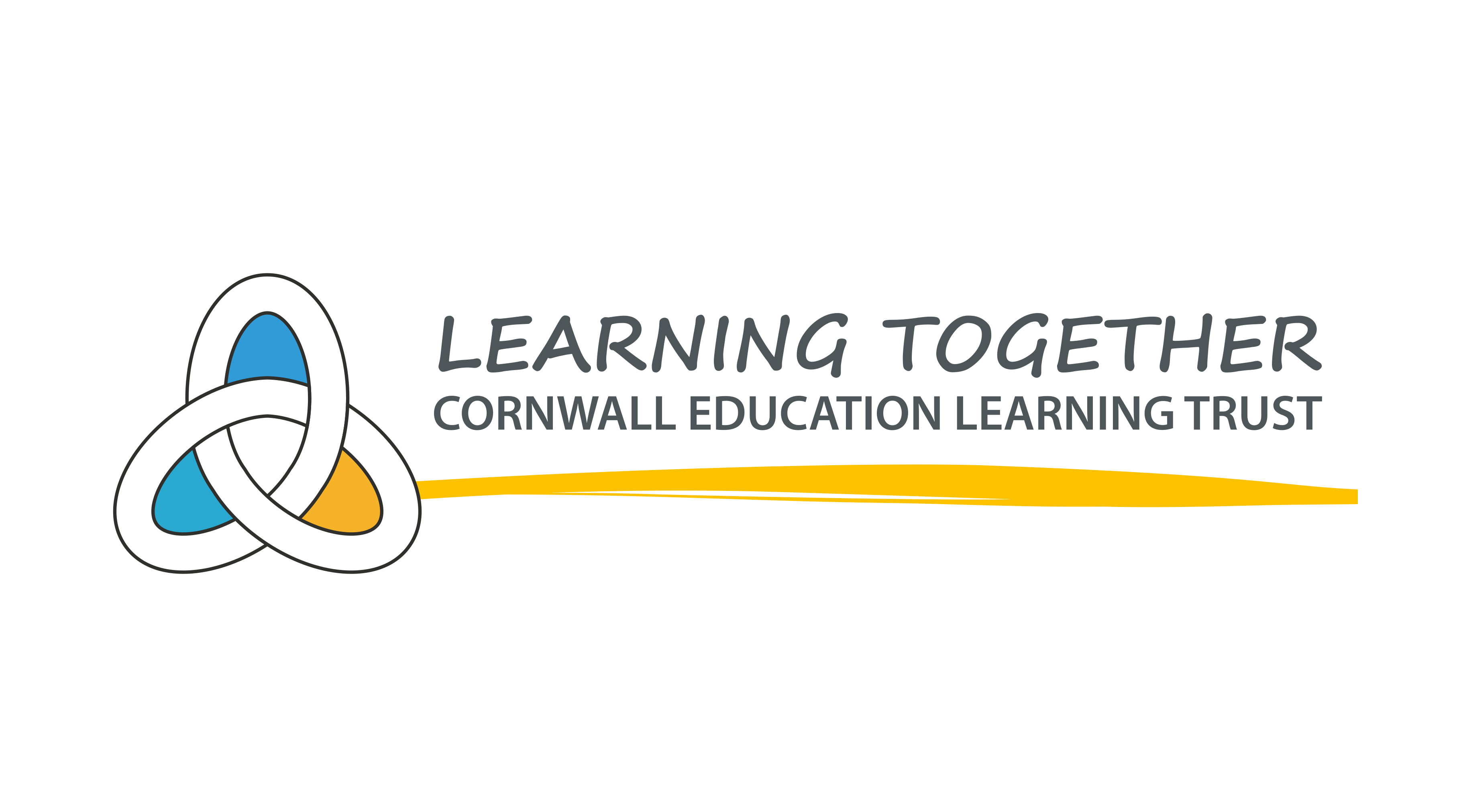
Cornwall Education Learning Trust
Primary (L002) QTS with PGCE (full-time)
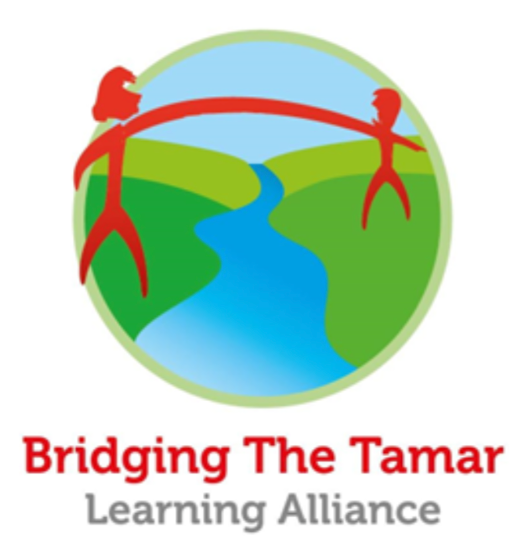
Bridging the Tamar Learning Alliance
Primary (2RWR) QTS with PGCE (full-time)
How you’ll be taught and assessed?
How will you be taught?
You will attend school-based taught sessions, run by the partnership for all of their school-based PGCE trainees to help support your development as a trainee teacher. University teaching takes place on one day a week and includes lectures, seminars, tutorials and practical workshops. A school-based PGCE is intensive and akin to being in a full time job.
How will you be assessed?
Based on the same way you will be assessed when you are a qualified teacher and includes: teaching portfolios, assignments, presentations, observed teaching and case studies.
Placement assessment is carried out by school mentors and university tutors against the three themes of the MTEP curriculum:
- The professional role of the developing teacher
- Development of teaching and learning
- Curriculum and specialisms

Giles Freathy is Programme Lead for the School-based PGCE routes into teaching
Fees and funding
Fees UK students: £9,250
Fees for International students: £14,500
This fee covers your tuition and access to course-specific equipment and facilities, as well associated services including access to the library, study skills support, IT support, student support and wellbeing services and membership of the Student Union. There may be additional costs by course.
Funding available for this course
Funding and bursaries may be available.
Our Student Funding Advisors offer confidential and impartial advice about your funding options.
Learn moreLecturers
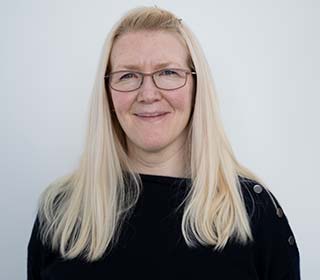
Ruth has been at Marjon for 4 years and teaches across the primary education programmes. She taught in primary schools in Devon for 14 years and was Head of School for 8 years. She is the subject tutor for history. She is Programme Lead for the Primary PGCE and specialist pathways.

Victoria Brown is a Senior Lecturer for the Marjon Teacher Education Partnership at Plymouth Marjon University with interests in:
- Early Years, Play and Child Development
- Research methods and dissertation supervision
- Teacher Professional Development
- Learning and Teaching
- Creativity

Scott teaches across undergraduate and postgraduate ITE programmes. He specialises in English and cognitive sciences. He is joint Programme Lead for BEd Primary and Early Years courses.

Giles is Partnership Leader for MTEP with a focus on maintaining partnerships and the Teaching Apprenticeship route into teaching.
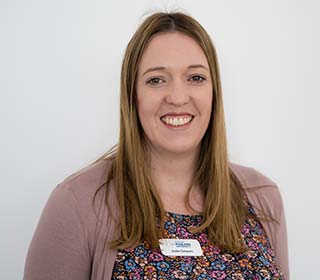
Jodie teaches on our teacher training courses, specialising in primary science as well as supporting students on placement. She is the Head of ITT and she also supports primary colleagues across the city and beyond through her work with Plymouth Science.
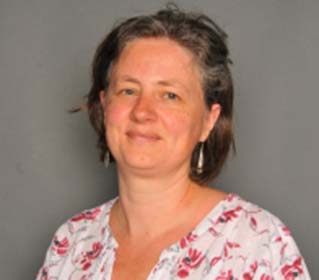
Tara specialises in teaching primary mathematics and is also currently involved with an international project about making maths more accessible to primary aged children and their parents.

Alex specialises in Special Educational Needs and Disabilities (SEND) and is currently working towards a Masters Degree in Mental Health.

More information
More about entry requirements
- A DBS (Disclosure and Barring Service) check is required.
- We have a responsibility to ensure that trainees have the health and physical capacity to teach. Candidates must meet the Secretary of State’s requirements for physical and mental fitness to teach as detailed in ‘Fit to Teach’ by completing an on-line medical questionnaire
- Candidates must take part in individual and group interviews with representative from partnership schools and the University.
- The Skills tests no longer exist as an entry requirement however, all teachers are expected to be competent in fundamental English and Mathematics. We will be assuring that trainees have these skills either during the selection process, or later during the training programme.
- Partnerships take the lead in interviewing and selecting candidates, but all candidates must also meet the standard entry requirements of the University, and be approved by the University.
Apply now for this course
Find out more about studying School-based PGCE - Primary at Marjon
